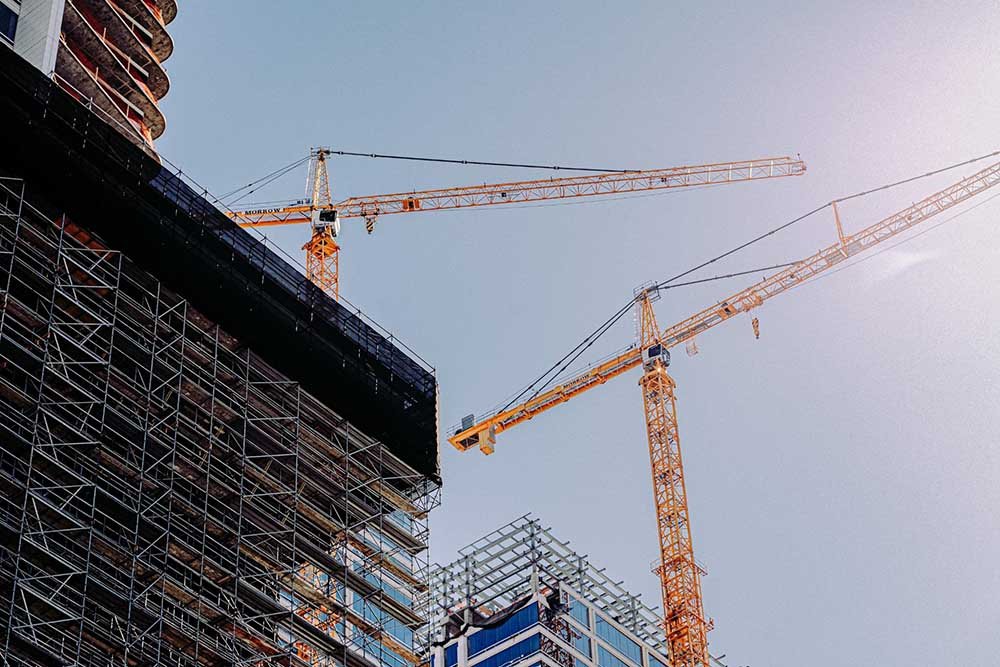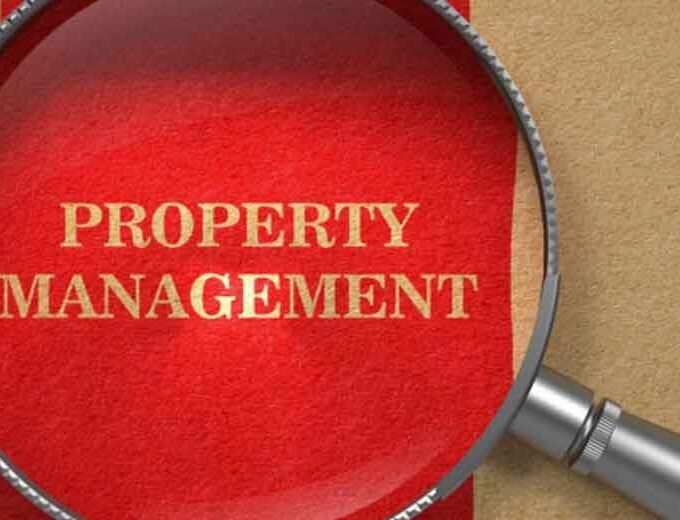Quality assurance is a linchpin in construction, ensuring projects not only meet but exceed the rigorous standards required for safety, compliance, and client satisfaction. This concept is not merely about adhering to regulations; it’s about delivering a product that stands the test of time and fulfils the vision of every stakeholder involved, from the architects to the future occupants.
Components and Importance of Quality Assurance Systems
In the construction sector, quality assurance is foundational, structured around four main pillars: planning, control, assurance, and improvement. Effective planning sets the stage, detailing the processes and resources that will be used to achieve the desired quality. Control involves monitoring these processes to ensure they are executed as planned, while assurance confirms that the project aligns with specific standards. Improvement, the final pillar, focuses on analysing performance and making adjustments to elevate the project’s quality over time.
These elements create a robust framework that minimises errors and manages risks effectively. For instance, thorough planning helps avoid costly mistakes and delays, control measures ensure standards are consistently met, and continuous improvement helps in adapting to new challenges and technologies, thereby enhancing overall project quality and efficiency.
Role of Quality Assurance Managers
Consider the role of Rachel Green, a quality assurance manager who ensures that every phase of construction meets stringent quality benchmarks. Her day-to-day tasks involve a detailed review of materials, workmanship, and compliance with safety standards, which are critical in maintaining the structural integrity and safety of the buildings.
Rachel’s challenges are diverse, including managing the expectations of various stakeholders and adapting to regulatory changes. Her expertise not only prevents potential structural issues but also ensures that the projects adhere to the highest safety standards, thereby safeguarding the well-being of both construction workers and future users.
Through her diligent oversight, Rachel significantly enhances client trust and satisfaction. Her work exemplifies the critical impact of quality assurance managers in maintaining high standards throughout the construction process, ultimately ensuring the success and durability of the projects.
Technological Innovations Enhancing Quality Assurance
The integration of technology in construction has revolutionised quality assurance practices. AI, for example, has transformed data collection and analysis, making it possible to predict and mitigate potential issues before they escalate. Drones facilitate comprehensive inspections of otherwise inaccessible areas, ensuring no detail is overlooked.
Blockchain technology is particularly transformative in managing project documentation. Its ability to maintain a secure, immutable record of all transactions and updates enhances transparency and accountability across all stages of construction. These technological advancements collectively streamline the quality assurance process, making it more accurate and efficient.
Sharnette Tucker, a program manager with HNTB, emphasises the value of AI in this context: “It is critical that we are ‘in the know’ about AI tools. AI can expedite the data collection process, improve reaction time, and put us in a better position to help our clients deliver successful projects.” This insight underscores the growing importance of technology in building a proactive, responsive quality assurance framework.

Navigating Challenges in Quality Assurance
Quality assurance in construction faces numerous challenges, such as variability in materials and the complexity of compliance with dynamic regulations. These factors can introduce inconsistencies that compromise the quality of the final construction. Staying ahead of these challenges requires a proactive approach, involving rigorous testing and detailed documentation.
Strategies to overcome these hurdles include regular updates to training programs and the adoption of advanced technologies that provide real-time insights into the quality of materials and workmanship. By fostering a culture focused on quality and continuous improvement, construction firms can more effectively manage the complexities of modern construction projects.
Implementing these strategies not only helps in maintaining consistent quality but also in adhering to safety and regulatory standards, which are crucial for the project’s success and the firm’s reputation.
Effective Quality Control Systems: A Consultant’s Perspective
Mark Black, an independent consultant, specialises in enhancing quality control systems within construction firms. His approach often involves a detailed assessment of existing practices and the implementation of customised strategies that address specific challenges faced by the firm.
One of Mark’s notable projects involved redesigning the quality control processes for a construction firm, which significantly improved their efficiency and reduced the costs associated with reworks. By focusing on proactive quality measures and enhanced on-site inspections, he helped the firm achieve a higher standard of quality assurance.
Mark’s contributions underscore the value of external expertise in refining quality control practices, ensuring that construction projects are not only completed to high standards but also delivered efficiently and cost-effectively.
Regulatory Framework and Compliance in Construction
Navigating the regulatory landscape in construction is complex but essential. Compliance with a broad spectrum of standards and codes ensures the safety, sustainability, and durability of construction projects. In Australia, for instance, stringent regulations mandate high safety and quality standards, which serve to protect all parties involved in construction.
Adherence to these regulations is facilitated by comprehensive quality assurance processes. By implementing systematic quality controls and maintaining detailed documentation, construction firms can demonstrate compliance with regulatory standards, streamline project approvals, and enhance the overall quality and safety of their projects.
Best Practices for Quality Assurance
Setting clear quality objectives at the beginning of a project is crucial. These objectives should align with client expectations and regulatory requirements, providing a clear framework for project execution. Integrating quality assurance into every project phase ensures that quality is a continuous focus, not just a final checkpoint.
Regular training and the adoption of advanced technological tools are also best practices in modern construction. These practices ensure that teams are well-equipped to meet quality standards and can adapt to new challenges as they arise, thereby maintaining the integrity and success of construction projects.
Measuring the Impact of Quality Assurance on Project Success
The benefits of rigorous quality assurance are clear: projects are less likely to incur delays and cost overruns, and client satisfaction is significantly higher. Projects that adhere to strict quality assurance protocols are more successful overall, meeting desired quality and performance standards while ensuring compliance with safety regulations.
These outcomes not only lead to successful project completion but also build a firm’s reputation for reliability and quality, which is crucial for long-term success in the competitive construction industry.
Expert Insights and Future Trends
Kyrillos Ghaly, Director at Building Certifiers Pty Ltd, is a key figure in adapting quality assurance practices to meet future challenges. His focus on meticulous management and continuous improvement in building certification processes ensures that projects are not only compliant with current standards but are also adaptable to future changes.
Emerging trends in quality assurance include the integration of sustainability and the use of advanced materials. Digital tools are also becoming more prevalent, offering new ways to monitor and manage quality in real-time. Kyrillos’s insights into these trends highlight the importance of innovation and adaptability in maintaining high standards in construction.
Looking Forward: The Future of Quality Assurance in Construction
Quality assurance is fundamental to the construction industry, affecting every stakeholder involved in a project. As technologies and regulations evolve, so too must the practices and tools used to ensure quality. The future of construction will likely see an increased focus on sustainability and digital integration, driving further improvements in quality assurance.
Professionals in the field must continue to learn and adapt, embracing new technologies and methodologies to stay ahead of industry challenges. Collaboration among construction firms, regulatory bodies, and technology providers will be key to fostering an environment of innovation and excellence, ensuring that construction projects not only meet the needs of today but also stand the test of time.
















